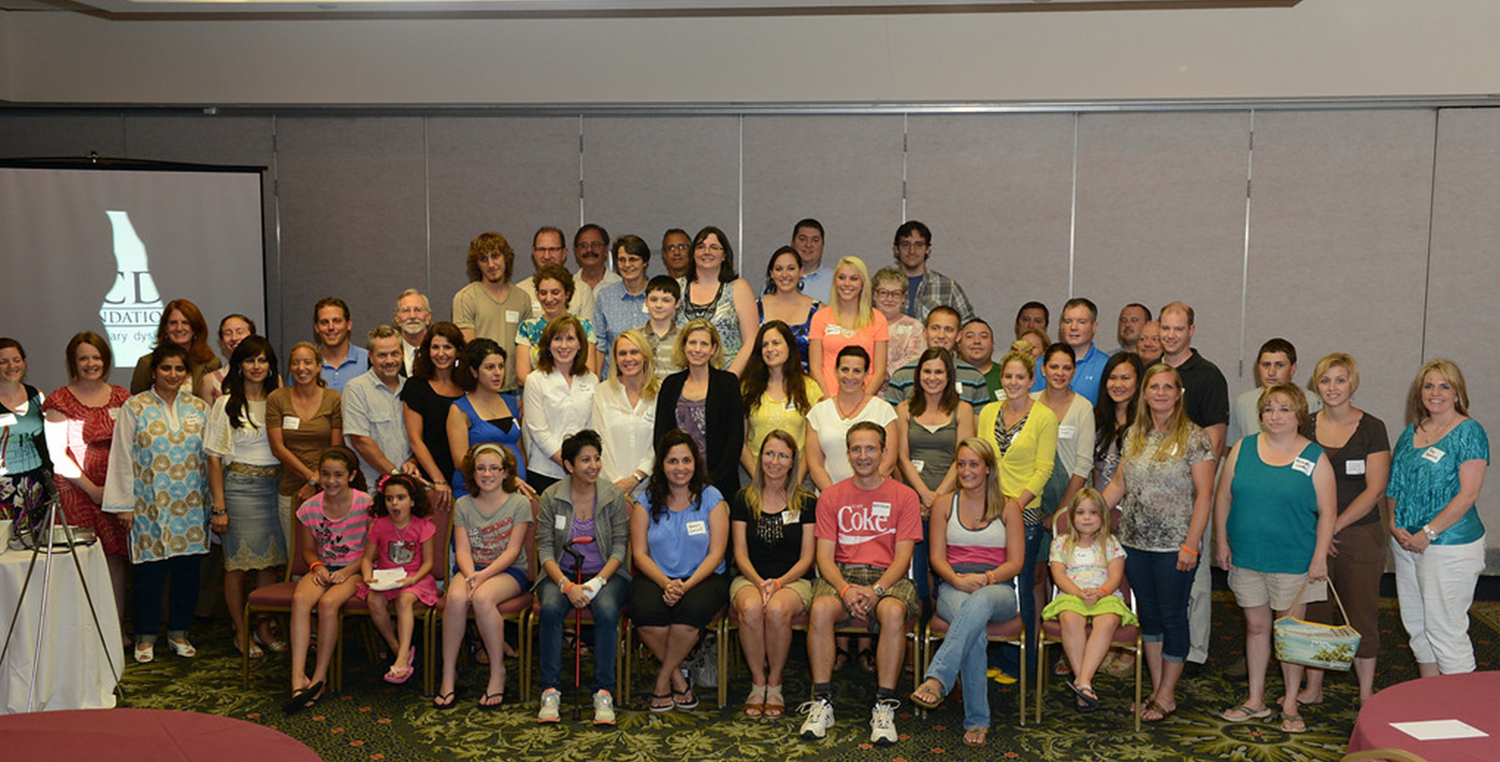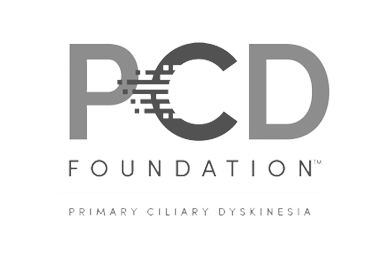PCD Foundation

Primary ciliary dyskinesia (PCD) is an umbrella term for genetic disorders that affect the structure and/or function of motile cilia. Any organ system that relies on motile ciliary function can be affected and individuals with PCD suffer from chronic infections of the lungs, ears and sinuses, reduced fertility, organ laterality defects, and have a 200 times increased risk of congenital heart defects.
Patient leader Michele Manion’s (now adult) daughter was diagnosed with PCD at an early age when little was known about the disease and no treatments were available. Manion was told that because it was very rare and genetically complex, it was unlikely there would ever be related research. Refusing to accept this, she made it her mission to ensure other families have access to resources, treatment options, and research toward a cure.
As part of the Rare As One Network, the PCD Foundation will begin a research initiative focused on enhancing health outcomes and improving access to genetic testing for PCD and related conditions in underserved areas across the Americas. The expansion of gene identification is a critical step needed to improve early diagnosis of this rare disease and provide families with hope for the future.






